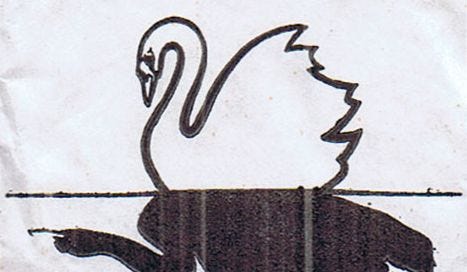The statement or argument "All swans are white" not only uses wrong logic:
"All swans I have seen are white, therefore all swans are white."
but also, probably unconsciously, a wrong assumption:
"I have seen all types of swans, therefore, as all swans I have seen are white, all swans are white."
1) If you state your bias or belief "I have seen all types of swans", and you objectively have, then the statement "All swans are white" is a lie:
You are stating a falsehood, since then you know there are black swans.
2) If you state the bias or belief "I have seen all types of swans", and you have not, objectively or subjectively (and you can never be sure that you have), then the statement "All swans are white" is unprovable because of a false assumption:
As you simply don't know, here could be, somewhere, red, green or let's say black swans - or perhaps indeed not; you just cannot know.
All you can prove is that some, and perhaps all, swans are white (but that we already knew, since we know what a swan is).
Which is indeed calling the statement "All swans are white" unprovable; at least without the qualification: "As far as I know". And even that counts for the present only and holds no sway to the future.
3) But even if you don’t state it, the same applies - it is now that you just don't know, i. e. you are ignorant of both your bias and the facts involved, and your opponent should ask you how you think you know, or use the Rule of Jacobowsky and say:
Either this person is right or wrong. If he's right, then... but if he's wrong, then...
Note: An Australian native could have said "All swans are black" with exactly the same right and exactly the same consequences.



